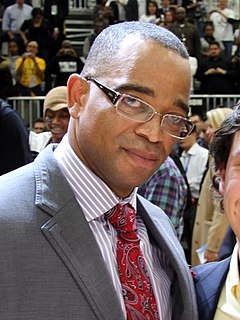A Quote by Peter Sis
I still have an accent. But when I return to Prague, I speak the language yet do not know what they are talking about.
Related Quotes
When you hear somebody speaking in an accent, it's almost like they're invading your language while they're speaking to you because if you hear someone speak another language, you almost don't care. But when they speak your language with an accent, it feels like an invasion of something that belongs to you. And, immediately, we change.
Thank God, I have sort of a pan-European accent rather than Russian, which doesn't sound very pleasantly to Americans. For them, we speak with a rather rude pitch, and that might be our actors' problem there. Now I've begun working with language coaches in Los Angeles to get rid of the accent completely.








































